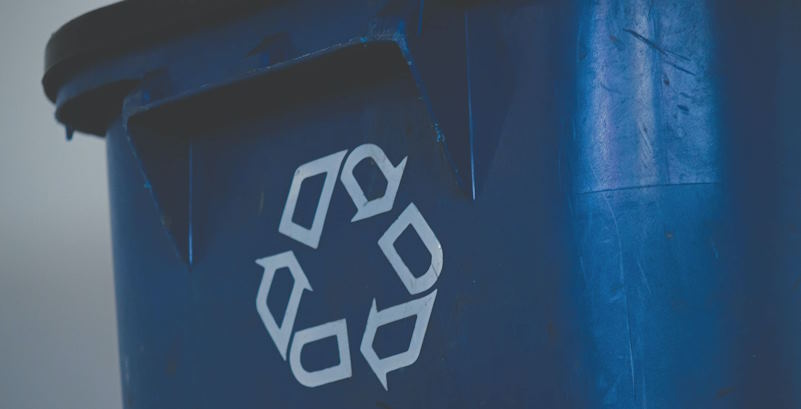In the contemporary world, where environmental sustainability is a pressing concern, waste management has become a central focus for businesses and communities. A critical tool in the role of waste audits in enhancing recycling practices. These audits are systematic examinations of waste produced by an organization or community, providing essential insights into waste composition, generation patterns, and disposal methods.
The Importance of Waste Audits
Waste audits are crucial because they provide empirical data that can be used to make informed decisions about waste management. They reveal the effectiveness of current waste disposal and recycling methods, highlight areas where recycling can be improved, and identify opportunities to reduce waste generation at the source.

Steps in Conducting a Waste Audit
Planning and Preparation:
Define the objectives of the audit, select the location, and determine the duration. Engage stakeholders and ensure necessary resources are available.
Collection of Waste Samples:
Collect waste generated over the chosen period. It’s crucial to ensure that the waste is representative of typical waste generation patterns.
Sorting and Categorization:
Sort the collected waste into various categories such as plastics, paper, organics, electronics, and others. This step is essential for understanding the composition of the manure.
Data Analysis and Reporting:
Analyze the sorted waste to determine the proportion of each waste type. This data should be compiled into a comprehensive report that outlines key findings and recommendations.
Developing a Waste Management Strategy:
Using the insights gained from the audit to develop waste audits can revolutionize recycling efficiency. It may include enhancing recycling programs, reducing certain types of waste, or educating stakeholders about sustainable waste practices.

Benefits of Waste Audits
Improved Recycling Rates:
By understanding the composition of waste, organizations can tailor recycling programs to target the most prevalent types of recyclable waste.
Cost Savings:
Efficient waste management can lead to significant cost savings, as reducing, reusing, and recycling waste is often more economical than disposing of it.
Environmental Impact:
Waste audits contribute to environmental sustainability by maximizing recycling gains through strategic waste auditing.
Compliance and Reporting:
For businesses, waste audits can assist in compliance with environmental regulations and enhance corporate social responsibility reporting.
Challenges and Considerations
Conducting a waste audit can be labour-intensive and requires careful planning and execution. There’s also the need for ongoing commitment to implement the recommendations from the audit. Privacy concerns, when dealing with personal waste, must be addressed.

